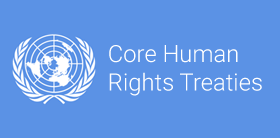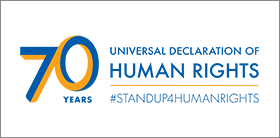19 December 2008-The Working Group on Enforced or Involuntary Disappearances welcomes the report on Conflict-related Disappearances in Bardiya District, presented today by the United Nations Office of the High Commissioner for Human Rights in Nepal (OHCHR-Nepal)
The report documents the patterns of enforced disappearances in Bardiya, in the mid-western region of the country, between 2001 and 2003, characterized mainly by the arrest of men and women by the Royal Nepalese Army. It also addresses the socio-economic impact of disappearances on the families of the disappeared, as well as the state responses regarding truth, justice and reparations. The Working Group underlines one of the main recommendations of the report, concerning the creation of a commission of inquiry to look into disappearances.
Thanks in part to the investigations carried out by OHCHR-Nepal, the Working Group has received many of these cases, with the families’ hope that the fate and whereabouts of the disappeared may be discovered.
The Working Group takes this opportunity to acknowledge the positive steps taken by the Government of Nepal since its country visit in December 2004, such as the creation of a national registry of persons held in detention centres. The 2007 decision of the Supreme Court calling the Government to ensure justice and redress for victims of enforced disappearances should also be commended.
However, there is still work to be done in the implementation of the recommendations made by the Working Group, such as the criminalization of enforced disappearances in domestic law. As such, the Working Group reiterates its request for a follow-up visit to Nepal, made in 2006, in an effort to assist the Government in preventing future disappearances and to address the issues of impunity and reparations.




